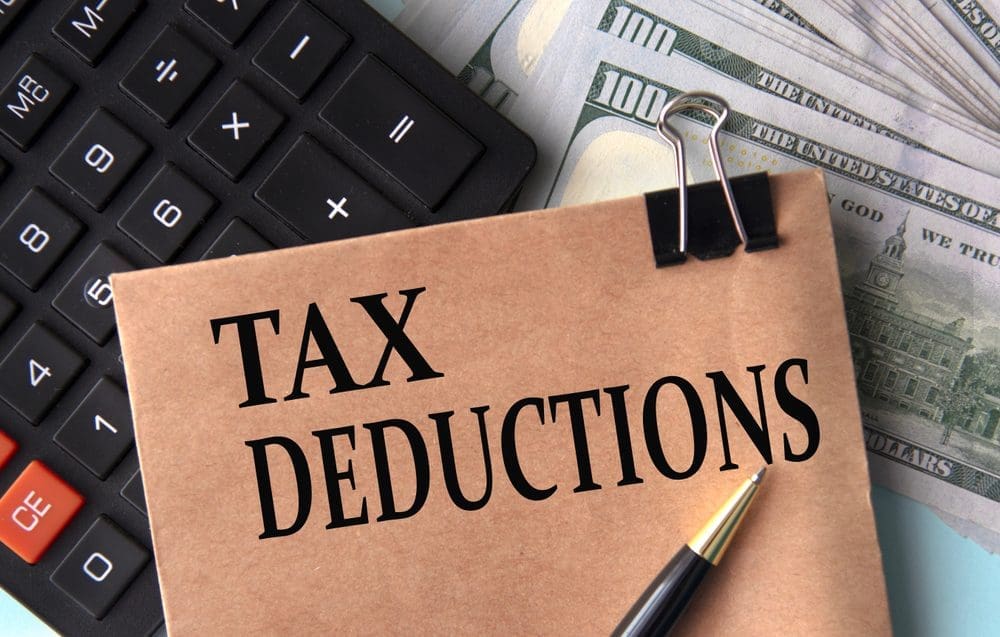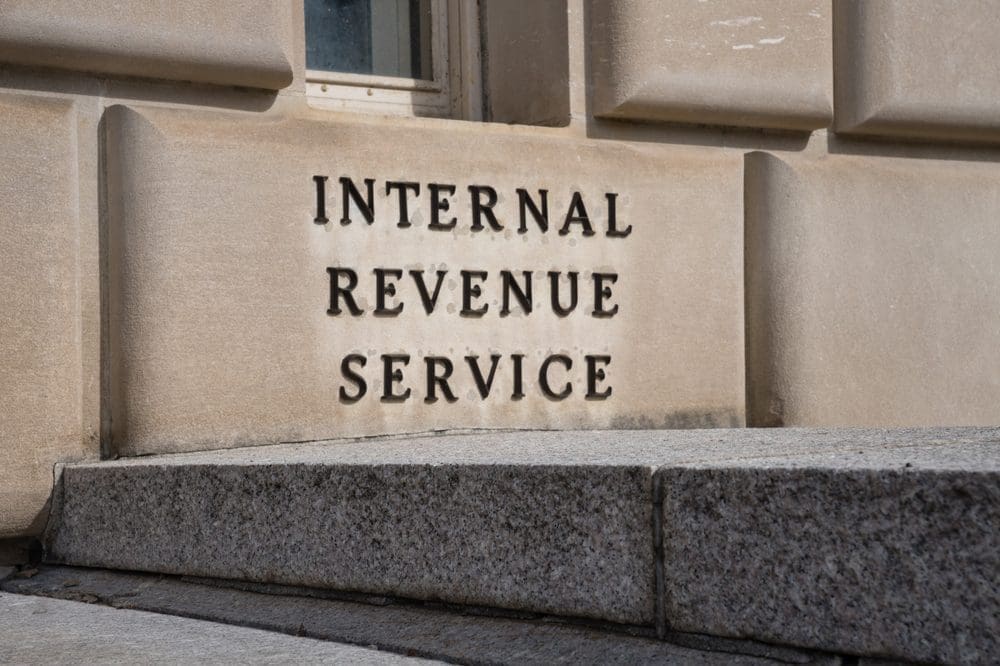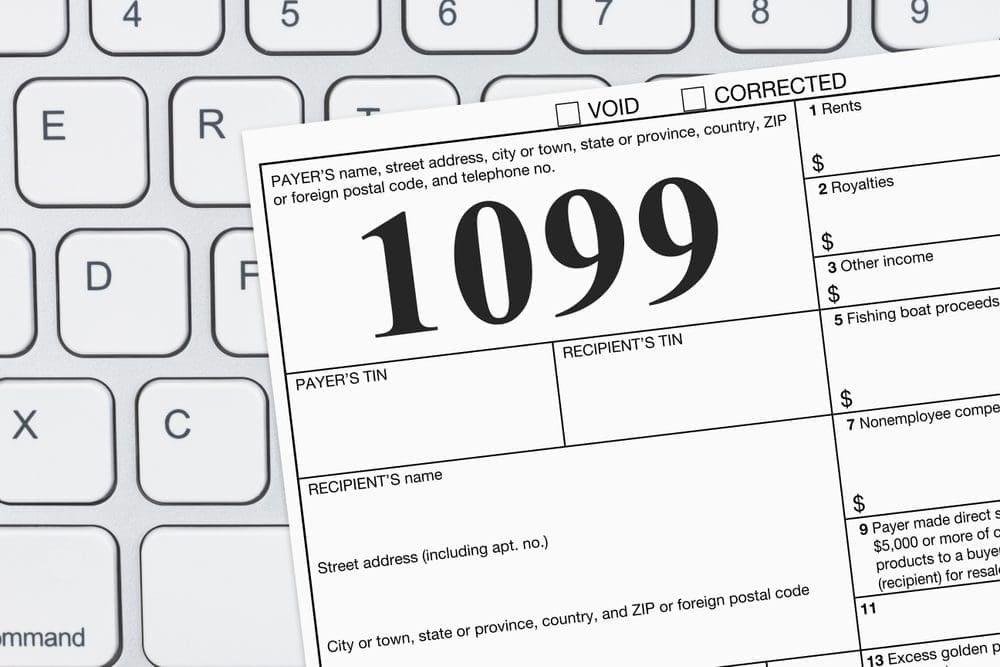
Starting in 2025, two major tax breaks are rolling out for working Americans: no federal income tax on tips (up to $25,000) and no tax on overtime premiums (up to $12,500).
These changes, part of the “One Big Beautiful Bill Act,” promise real savings — but come with caveats.
Here’s what’s in play, who qualifies, and how to make sure you’re ready.
The Basics

If you earn tips or overtime, you may be able to deduct thousands of dollars from your federal income taxes. The new law covers tax years 2025 through 2028. These aren’t tax exemptions — they’re deductions, meaning your taxable income drops by the amount you earned in qualifying tips or OT.
Who Qualifies for Tip Deductions

The IRS is defining “qualified tips” as those received voluntarily by workers in occupations that customarily and regularly received tips as of the end of 2024. That includes restaurant servers, barbers, valets, bartenders, and more. The maximum deduction is $25,000 per person.
What Counts as a Tip

Cash tips, credit card tips, pooled tips, and shared gratuities all count — as long as they aren’t mandatory service charges. If it’s listed as a fee or charge on the bill, it’s not a tip in the eyes of the IRS.
No Tax on Overtime — Sort Of

For overtime, only the premium portion of your time-and-a-half pay is deductible. That means the extra 0.5x on top of your normal rate. You can deduct up to $12,500 (or $25,000 on a joint return).
Income Limits Apply

These deductions begin phasing out at $150,000 of modified adjusted gross income (MAGI) for single filers, or $300,000 for married couples. If you’re over that threshold, the deductions shrink quickly.
Still Paying Payroll Taxes

This is important: You’ll still pay Social Security and Medicare taxes on those tips and overtime wages. The deductions apply only to your federal income tax, not your FICA withholding.
IRS Still Needs to Catch Up

Employers must continue withholding taxes on these earnings for now. The IRS is expected to release final guidance — and a list of qualifying tip-based occupations — by Oct. 2, 2025.
Watch for Form Changes

Your W-2 or 1099 will soon include specific fields for reporting tips and overtime premiums. Employers will also need to list the occupation category to confirm eligibility for the deduction.
Expect Some Pushback

Critics argue the new law favors higher earners and won’t help low-wage workers who owe little or no federal income tax. Others warn it could encourage employers to keep base wages low.
Bottom Line

For millions of tipped and hourly workers, this is a rare win — at least temporarily. But it’s not automatic. Keep good records, watch for IRS updates this fall, and be ready to claim your deductions when tax season rolls around.

























